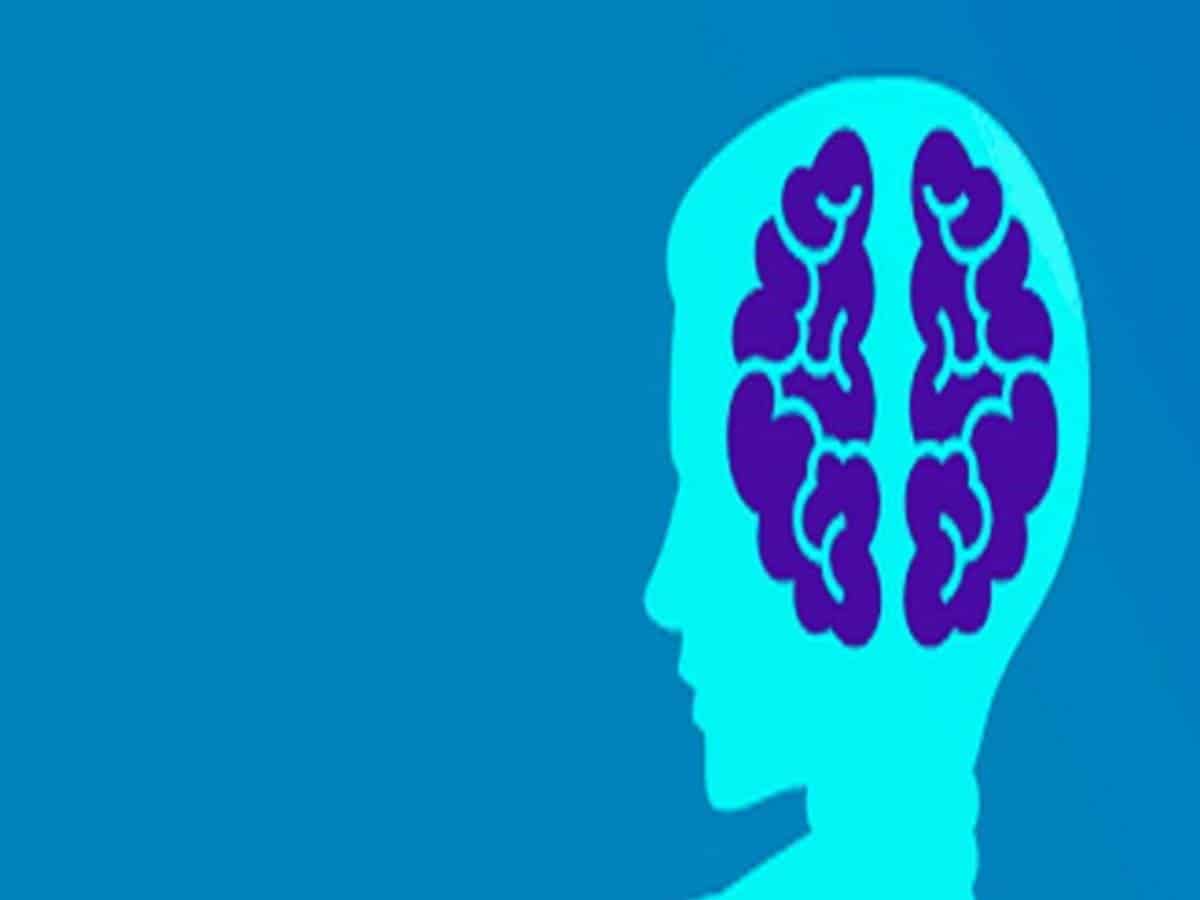Washington: A recent study conducted by researchers at the University of Bonn suggests that the activity of individual nerve cells in the brain tells us how confident we are in our decisions.
The result is unexpected – the researchers were actually on the trail of a completely different evaluation mechanism. The results are published in the journal Current Biology.
Every day humans have to make decisions. Researchers at the University Hospital Bonn have now identified nerve cells in the brain whose activity indicates the confidence in decisions.
A total of twelve men and women took part in their experiment.
“We showed them photos of two different snacks, for example a chocolate bar and a bag of chips. They were then asked to use a slider to indicate which of these alternatives they would rather eat,” said Prof. Dr. Dr. Florian Mormann from the Department of Epileptology.
The more they moved the slider from its center position towards the left or right photo, the more confident they were in their decision.
Participants had to judge a total of 190 different snack pairs in this way. At the same time, the scientists recorded the activity of 830 nerve cells each in the so-called temporal lobe.
“We discovered that the frequency of the electrical pulses in some neurons, in other words their ‘firing rate’, changed with increasing decision confidence,” said Mormann’s colleague Alexander Unruh-Pinheiro.
“For instance, some fired more frequently, the more confident the respective test person was in their decision,” added Pinheiro.
It is the first time that such a correlation between activity and decision confidence has been identified.
The affected neurons are located in a brain region that plays a role in memory processes.
“It is possible that we not only store what decision we made, but also how confident we were in it. Perhaps such a learning process saves us from future wrong decisions,” said Mormann.
Ethical reasons usually prohibit the study of the state of individual neurons in living humans. However, the participants in the study suffered from a severe form of epilepsy.
In this form of the disease, the characteristic seizures always start in the same area of the brain. One possible treatment is therefore to remove this epileptic focus surgically.
To pinpoint the exact location of the defective site, the doctors at the Clinic for Epileptology implant several electrodes in the patient. These are distributed over the entire potentially affected area.
At the same time, they also allow an insight into the functioning of individual nerve cells in the brain.
Researchers at the University of Bonn were originally looking for a completely different phenomenon: When we make a decision, we assign a subjective value to each of the alternatives.
“There is evidence that this subjective value is also reflected in the activity of individual neurons. The fact that we instead came across this connection between fire behavior and decision confidence surprised even us,” said Mormann.

